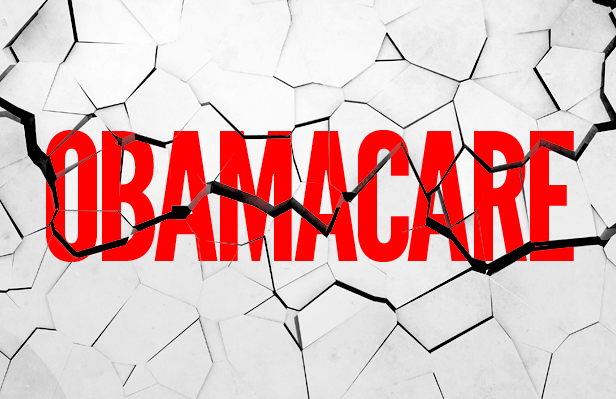The House scored another victory in its ObamaCare suit, putting the case on a fast track to potentially disrupt the insurance exchanges as soon as 2017. For New York and Minnesota, two states that have adopted a public-option-like version of ObamaCare, the pain might hit as soon as next year.
 |
| U.S. District Judge Rosemary Collyer |
On Monday, U.S. District Judge Rosemary Collyer denied the Obama administration's request to appeal her decision last month that the House had standing to sue.
The House voted last year to sue the Obama administration for spending billions on cost-sharing subsidies that Congress never appropriated. Over the coming decade, these subsidies — which reduce out-of-pocket expenses for low-income insurance customers — will add up to $136 billion, the Congressional Budget Office projects.
Collyer ruled in September that the House could sue to protect its constitutional power of the purse. An appeal of that decision would have amounted to a big detour for the case, potentially sending it to the Supreme Court to rule on standing before the merits of the case were ever heard.
Now, in all likelihood, the case will wrap up one way or another by the end of the Supreme Court's term in June 2017.
 |
| lead counsel for the House Jonathan Turley |
"We are eager to present the House's merits arguments to the Court and remain confident that our position will ultimately prevail in establishing the unconstitutional conduct alleged in this lawsuit," lead counsel for the House Jonathan Turley said in a statement.
While the case has no legal precedent and many analysts doubted whether the House would be granted standing to sue, the actual merits of the case seem to pretty clearly favor the House GOP argument.
Exhibit A is the 2014 budget appropriation request from HHS seeking $4 billion to fund these cost-sharing subsidies.
Exhibit B is an analysis from the Congressional Research Service finding that, "unlike the refundable (premium) tax credits, these payments to health plans do not appear to be funded through a permanent appropriation."
Exhibit C is a preliminary finding from the White House Office of Management and Budget that automatic budget cuts under sequestration would cut cost-sharing subsidies by 7.2%, or $286 million, in 2014, a further sign the funding was not automatic.Read the rest of the story HERE.
If you like what you see, please "Like" us on Facebook either here or here. Please follow us on Twitter here.



No comments:
Post a Comment